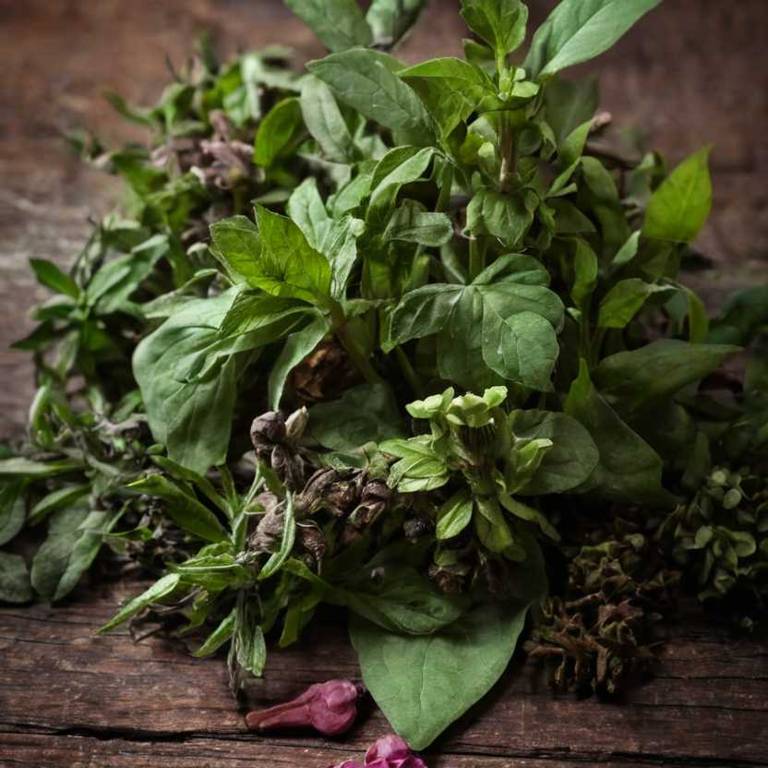Chinese Foxglove (Rehmannia glutinosa)
Chinese Foxglove (Rehmannia glutinosa) is a member of the Orobanche family, native to China, East Asia, and Asia. Traditionally, its roots, rhizomes, and stems have been used for decoctions, powders, and infusions.
This herb is particularly valued for its tonic, anti-inflammatory, and sedative actions, and has a long history of use in traditional chinese medicine, japanese kampo medicine, and korean traditional medicine.

Quick Facts / Key Information
| Common Name | Chinese Foxglove |
|---|---|
| Scientific Name | Rehmannia glutinosa |
| Plant Family | Orobanche |
| Genus | Rehmannia |
| Species | glutinosa |
| Native Range | China, East Asia, Asia |
| Plant Parts Used | Roots, Rhizomes, Stems |
| Primary Medicinal Actions | Tonic, Anti-Inflammatory, Sedative |
| Primary Traditional Systems | Traditional Chinese Medicine, Japanese Kampo Medicine, Korean Traditional Medicine |
| Historical Preparation Methods | Decoction, Powder, Infusion |
Botanical Identity
- Scientific Name
- Rehmannia glutinosa
- Common Name
- Chinese Foxglove
- Synonyms / Alternative Names
- Rehmannia, Ginseng Root, Rehmannia Root
- Plant Family
- Orobanche
- Genus
- Rehmannia
Botanical Description
- Growth Habit
- Perennial herbaceous plant.
- Height
- It typically reaches a height of 0.3 to 1.5 meters.
- Leaves
- Opposite, ovate leaves with dark green upper surface and lighter green lower surface, bearing prominent stomatal bands along the midrib.
- Stems
- Erect, woody, branched, with smooth, glabrous surfaces, and nodes bearing opposite, scale-like stipules.
Traditional Uses / Historical Use
Traditional Systems
- Traditional Chinese Medicine
- Japanese Kampo Medicine
- Korean Traditional Medicine
- Tibetan Medicine
Historical Preparation Methods
- Decoction
- Powder
- Infusion
- Tincture
Medicinal Actions
- Tonic
- Commonly referenced as a moderate tonic, in whole-system applications.
- Anti-inflammatory
- In herbal literature, noted as a cooling anti-inflammatory, in inflammation-focused discussions.
- Sedative
- Historically regarded as a mild sedative, in calming-focused applications.
- Astringent
- Traditionally described as a calming astringent, in drying-focused uses.
Active Compounds
- Glycoside
- Secondary metabolites formed through glycosylation processes in plants.
- Flavonoid
- Naturally occurring polyphenols that contribute to pigmentation and structural chemistry.
- Alkaloid
- Organic compounds biosynthesized by plants as part of secondary metabolism.
- Tannin
- A class of polyphenolic compounds commonly found in bark, leaves, and seeds.
Modern Research Overview
Contemporary research on this plant includes areas such as chemical analysis, laboratory-based studies, and observational research. Detailed summaries of published findings are not included at this stage and will be added during future content updates.
Safety & Contraindications
- General Precautions
- Specific general precautions associated with this herb have not been well documented.
- Contraindications
- Contraindications for this herb are not clearly established in available sources.
- Allergies
- Allergic reactions associated with this herb have not been well documented.
- Drug Interactions
- Interactions with prescription medications have not been well documented.
- Toxicity
- The use of this herb has been linked to reported toxic effects.
- Pregnancy & Breastfeeding
- Safety during pregnancy and breastfeeding has not been well documented.
Preparation & Usage Methods
- Infusion
- Plant material is steeped in hot water to extract water-soluble compounds.
- Decoction
- This method uses sustained heat to extract compounds from firm plant structures.
- Poultice
- Plant parts are crushed or moistened and placed directly on the body.
- Powder
- This method converts dried plant material into a uniform powder.
- Extract
- Extracts are created by dissolving plant material in a suitable non-alcoholic medium.
Growing, Harvesting & Storage
Growing / Cultivation
- Soil
- Prefers loamy soil with moderately well-drained conditions. Typically grows best in organically rich soils.
- Sunlight
- Thrives in partial shade. Tolerates partial shade to full shade.
- Watering
- Prefers consistently moist soils. Tolerates periodic dry conditions.
Medical Disclaimer
The information provided on this page is for educational and informational purposes only. It is not intended to diagnose, treat, cure, or prevent any medical condition. Always consult a qualified healthcare professional before using any herb for medicinal purposes.